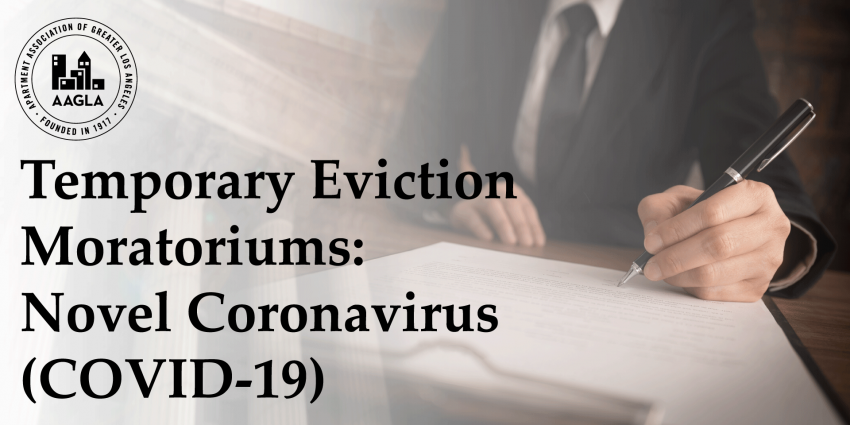Rent-Reduction Bill a Vast Abuse of Power

Rent-Reduction Bill a Vast Abuse of Power
Assembly Bill 828 the “Gut and Re-Write” Former Human Trafficking Bill, Is Bad News
By Steven Greenhut, California Columnist
We’ve all accepted the need for some unusual public-policy measures to deal with coronavirus, but we should always look askance at proposals that are unnecessary, counterproductive and abusive of our rights. Sadly, some legislators seem to be using the crisis to push the types of far-reaching legislation that could never get approved during normal times.
Assemblyman Phil Ting, D-San Francisco, recently introduced the most striking example of this phenomenon. Assembly Bill 828 purports to protect tenants during an emergency but poses a grave threat to property owners and established contracts – and could obliterate California’s already tight rental market even after the crisis passes.












